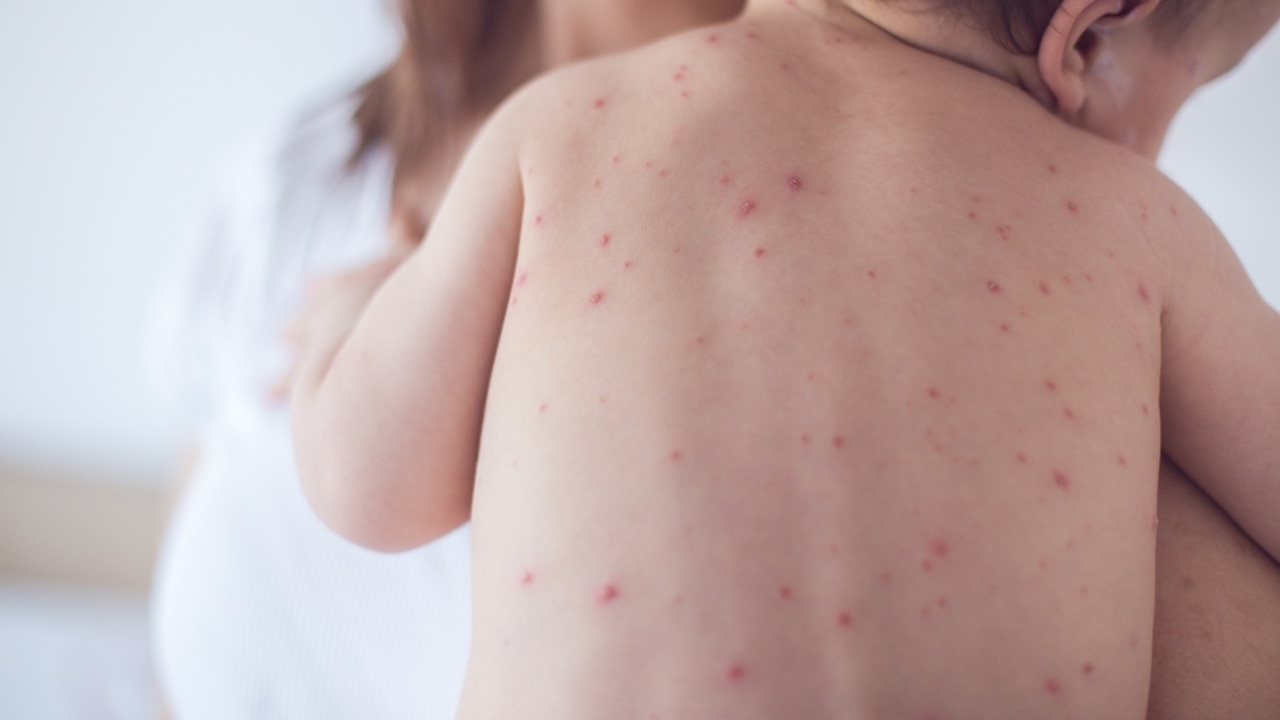Infection
New cases of measles confirmed in NSW prompting fresh health alert
About a dozen possible exposure sites have been identified after two new cases of measles were confirmed in New South Wales.
Authorities in the state issued a public health alert on Friday after the two family members recently arrived back in Sydney having spent time abroad.
NSW Health said both infections were acquired overseas.
The two individuals visited multiple locations throughout the week while infectious, including a shopping centre, bank and chemists in Randwick and Rose Bay.
Anyone who was at the locations around the same time as the two family members are being urged to watch for signs and symptoms of measles until Monday, August 7.
NSW Health said the locations “do not pose an ongoing risk to people”.
Measles is highly contagious and is spread in the air though an infected individual coughing or sneezing.
A/Director, South Eastern Sydney Public Health Unit Dr Anthea Katelaris said symptoms include fever, sore eyes and a cough.
They are followed three or four days later by a red, blotchy rash which starts around the head and neck before spreading to the rest of the body.
“It can take up to 18 days for symptoms to appear after an exposure, so it is really important to stay vigilant if you’ve been in the above locations,” Dr Katelaris said.
“If you develop symptoms, please call ahead to your GP to ensure you do not spend time in the waiting room with other patients.”
Residents are also being advised to check their vaccination status, with anyone born after 1966 urged to ensure they have their two doses.
“The measles-mumps-rubella vaccine is safe and effective protection against measles. It’s free for anyone born during or after 1966 who hasn’t already had two doses. If you’re unsure whether you’ve had two doses, it’s quite safe to have another,” Dr Katelaris said.
“The measles-mumps-rubella (MMR) vaccine is available from GPs (all ages) and some pharmacies (people over 12 years of age). Children should receive the MMR vaccine at 12 and 18 months of age, as part of their routine childhood immunisations.
“Those most likely to be susceptible to measles are infants under 12 months of age who are too young to be vaccinated, anyone who is not fully vaccinated against the disease, which may include some adults, and people with a weakened immune system.”

